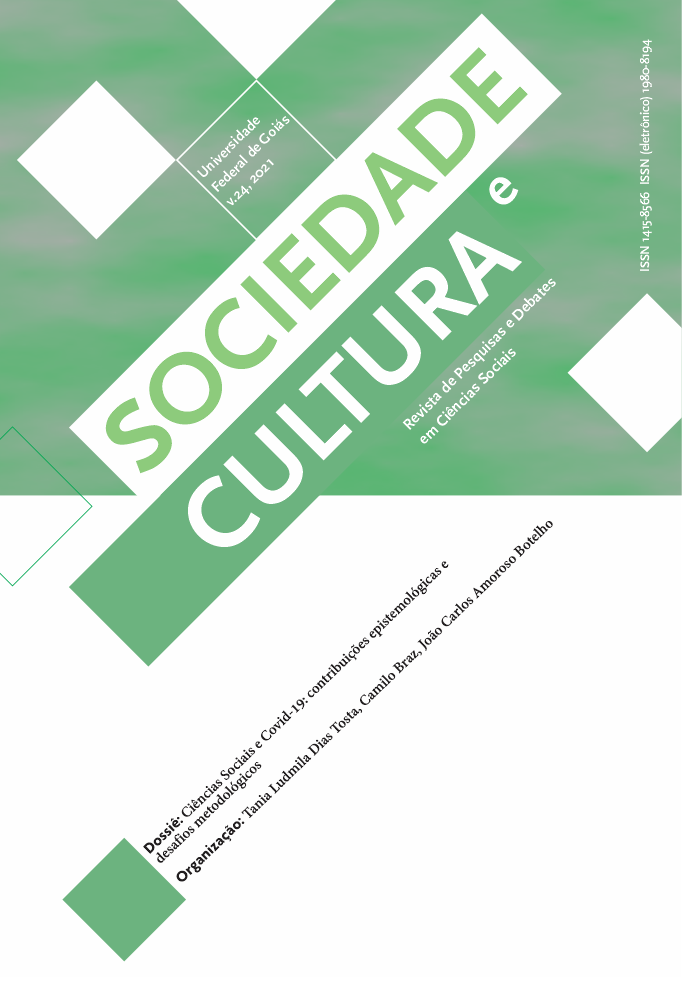Truths and lies about COVID-19 in Ecuador: knowledge breakdown and its social effects
DOI:
https://doi.org/10.5216/sec.v24.66048Abstract
The COVID-19 pandemic has meant a major crisis for Ecuador. It seriously affected the population’s economic situation and involved immediate decisions in educational issues, as well as uncertainty and negative expectations in labor issues. As an involuntary social experiment, it showed three types of knowledge breakdown: the population’s practical
and everyday knowledge, scientific knowledge and knowledge about
science, and emotional knowledge. Building these knowledge types
makes things easier to spread false information, misunderstanding of
science, and emotional confusion. To do this, the article is based on a nation-wide survey with over 2,000 households in Ecuador, carried out
between May and July 2020. These data enable a review of the pandemic’s social impacts, including the pre-existing structures that made them
possible.
Downloads
Downloads
Published
How to Cite
Issue
Section
License
Copyright (c) 2021 Sociedade e Cultura

This work is licensed under a Creative Commons Attribution 4.0 International License.
Authors who publish in this journal agree to the following terms:
- Authors retain the copyright and grant the journal the right of first publication, the work being simultaneously licensed under the Creative Commons Attribution License, which allows the sharing of the work with acknowledgment of authorship and of the initial publication in this journal;
- Authors are authorized to enter into additional contracts separately, for non-exclusive distribution of the version of the work published in this journal (eg, publishing in an institutional repository or as a book chapter), with acknowledgment of authorship and of the initial publication in this journal;
- Authors are allowed and encouraged to post and distribute their work online (eg, in institutional repositories or on their personal page) at any point before or during the editorial process, as this can bring productive change as well as increases the impact and the citation of the published work (see O Efeito do Acesso Livre).



